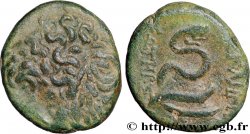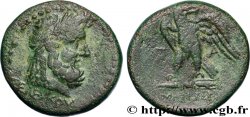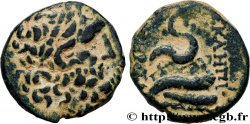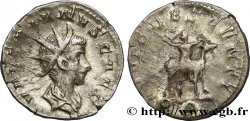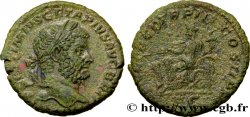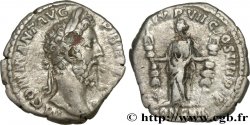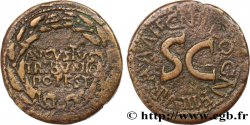E-auction 493-403430 - bgr_768187 - MYSIA - PERGAMON Demi-unité
You must signin and be an approved bidder to bid, LOGIN TO BID. Accounts are subject to approval and the approval process takes place within 48 hours. Do not wait until the day a sale closes to register. Clicking on « bid » constitutes acceptance of the terms of use of cgb.fr private e-auctions.
Bids must be placed in whole Euro amounts only. The sale will start closing at the time stated on the item description; any bids received at the site after the closing time will not be executed. Transmission times may vary and bids could be rejected if you wait until the last second. For further information ckeck the E-auctions F.A.Q.
NO BUYER'S FEE.
NO BUYER'S FEE.
| Estimate : | 80 € |
| Price : | 16 € |
| Maximum bid : | 30 € |
| End of the sale : | 26 September 2022 14:06:00 |
| bidders : | 4 bidders |
Type : Demi-unité
Date: c. 190-133 AC.
Mint name / Town : Pergame, Mysie
Metal : copper
Diameter : 15 mm
Orientation dies : 12 h.
Weight : 3,56 g.
Rarity : R1
Coments on the condition:
Monnaie centrée. Joli portrait. Usure régulière. Patine vert foncé
Catalogue references :
Obverse
Obverse legend : ANÉPIGRAPHE.
Obverse description : Tête laurée d’Asklépios (Esculape) à droite.
Reverse
Reverse description : Serpent enroulé autour d’un bâton (kyrekeion).
Reverse legend : ASKLEPIOU/ SWTHROS
Reverse translation : (Asklépios le grand).







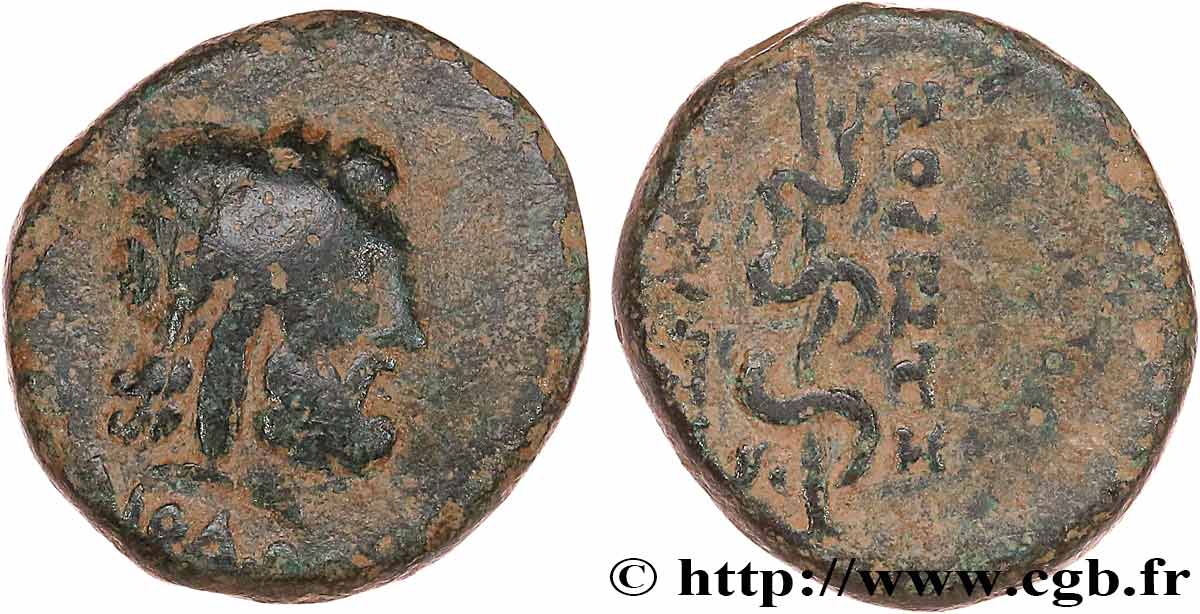
 Report a mistake
Report a mistake Print the page
Print the page Share my selection
Share my selection Ask a question
Ask a question Consign / sell
Consign / sell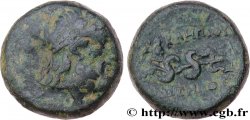
 Full data
Full data
